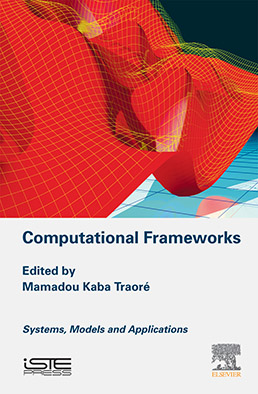
Computational Science and Engineering (CSE) is core to all engineering sciences. As a result, computational systems are seeing worldwide growth of services to all user domains: public or private, military or government, education or industry, healthcare or finance, science or entertainment.
The use of computational technologies (e.g. big data, high performance clusters, databases and information systems, integrated and embedded hardware/software components, smart devices, mobile and pervasive networks, cyber physical systems, etc.) requires many important theoretical, methodological, technical and scaling issues to be studied, monitored, and predicted, in order to save time, reduce costs and add value to social capital.
With a highly selective set of contributions, this book aims to provide an overview of advanced perspectives in this domain, while bridging the gap between frontline research and practical efforts. It is unique in showing the interdisciplinary nature of this area and the way in which it interacts with emerging technologies and techniques.
1. How Can Modeling and Simulation Help Engineering of System of Systems? by Bernard P. Zeigler
2. Multidisciplinary, Interdisciplinary and Transdisciplinary Federations in Support of New Medical Simulation Concepts: Harmonics for the Music of Life by Andreas Tolk
3. Heterogeneous Computing: An Emerging Paradigm of Embedded Systems Design by Abderazak Ben Abdallah
4. Numerical Reproducibility of Parallel and Distributed Stochastic Simulation Using High-Performance Computing by David R.C. Hill
Mamadou Kaba Traoré currently chairs the distributed software engineering Master degree at Blaise Pascal University in France. His research is on formal specification, symbolic manipulation and code synthesis of simulation models.